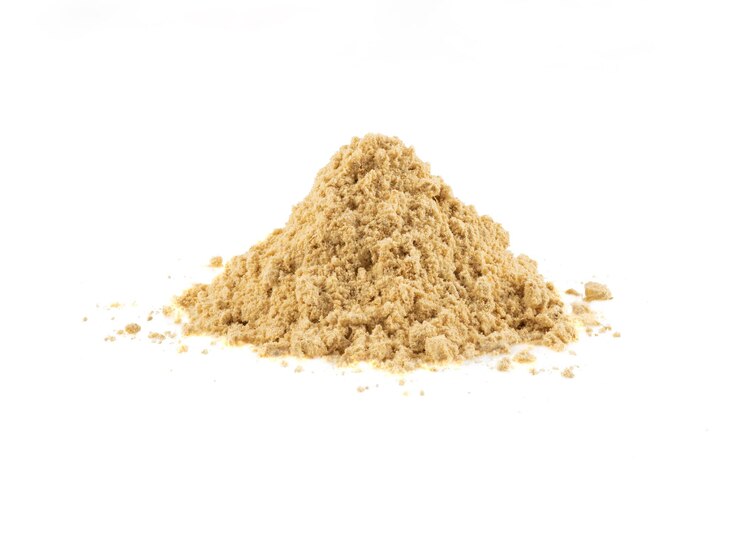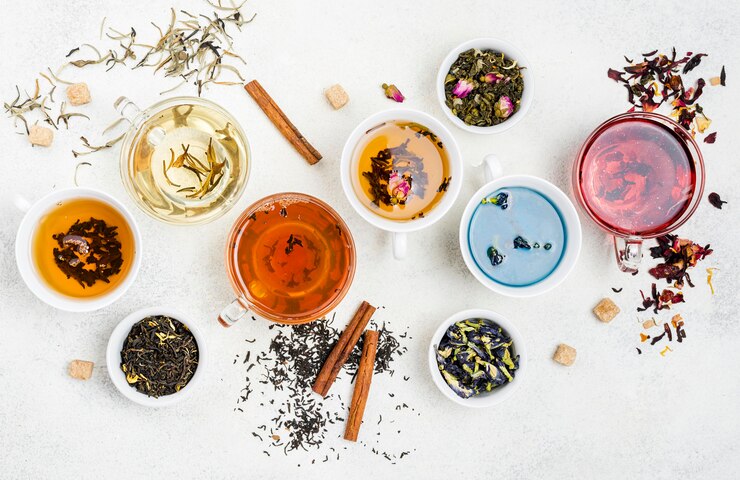
Shopping for protein powder can be overwhelming and confusing, so I hope this video and post will help guide you. First, take some time to figure out your health and fitness goals. Then, consult a sales associate at a health food store, who can usually provide expert advice; many of them are certified nutritionists.
Having this information handy will aid your decision-making! I’ll share insights about various popular types of protein powders on the market, beyond specific brands, to broaden your understanding.
When browsing through protein powders, apply the keen eye you use for any packaged food. Be wary of certain ingredients that shouldn’t be in them, like fillers such as inulin and psyllium. Unless fiber is what you’re looking for, be aware that inulin can cause bloating.
Whey Protein:
I used to rely heavily on whey protein in my smoothies back in my personal training days. Although it was the gold standard a decade ago due to its high absorption rate, my digestive system couldn’t tolerate it any longer and it caused bloating. Nowadays, fermented protein powders are my top choice. They help make amino acids more bioavailable and gentler on the digestive system, applying whether you choose whey or vegan proteins.
Collagen:
I covered collagen in a segment on Cityline, addressing the common misconception that it’s a complete protein fit for smoothies. While collagen contains amino acids, it doesn’t qualify as a complete protein. Although it offers numerous benefits, particularly for beauty, it shouldn’t replace regular protein powders in smoothies.
Pea Protein:
Pea protein was among the first widespread plant-based options and is great for those avoiding dairy or lactose. Nonetheless, it can cause bloating or constipation for some people. If it doesn’t affect you negatively, it’s a great choice.
Brown Rice Protein:
Increasingly popular among those seeking plant-based proteins, brown rice protein is suitable for people allergic to pea protein or on diets that restrict peas. It’s also wise to vary the protein powders you use.
Pumpkin Seed Protein:
Pumpkin seed protein is a delicious, affordable source of plant-based protein that’s gaining popularity. Available at bulk food stores, it has a distinctive pumpkin taste that I love.
Hemp Protein:
While hemp protein powder is popular, I prefer using hemp hearts for their nutritional benefits, including healthy fats. I incorporate them often in recipes like my Hearty Hemp Flatbread, Vanilla Chai Truffles, and Lemon Basil Pesto.
Fermented Vegan Protein Blends:
These blends allow rotating protein intake without worrying about developing intolerances. Previously, I recommended cycling protein powders, but blends eliminate this need.
Soy Protein:
Soy protein offers a strong amino acid profile, however, its potential to affect estrogen levels makes me cautious about recommending it. Additionally, much of the soy protein available is processed with harsh chemicals, which influences my recommendation.
Protein powders extend beyond smoothies, as evidenced by recipes shared during my Cityline appearance. Recent ones included Protein Blondies and Sweet Potato Protein Muffins.
For those regularly using a particular protein powder, it might be time to try something new. I hope you found this post useful.
Wishing you joyful health!
—
**Comments:**
Hi Joy,
Can you provide further insights into collagen supplements?
Thanks for the info! What are your favorite rice and pumpkin protein powders? I like Genuine Health Protein Powder but I’m avoiding pea protein.
Have you looked into bone broth protein powder? Curious about your thoughts.
—
Hi Doa,
Collagen isn’t a complete protein, so I don’t recommend it as your main source of protein. More details can be found on my blog alongside my featured segments.
I didn’t mention bone broth protein powder since it’s essentially bone broth with added protein, which appears to be a marketing angle. I favor making homemade bone broth and suggest using separate protein powders. I find it doesn’t suit smoothies’ flavor, but here’s my recipe for reference.
I’m bookmarking this page as a top resource; thanks joy!
I discovered heavy metals are concerns in various plant-based protein powders during my research. It’s essential for products to remain below government-set safe levels, though opinions on those standards may vary.
—
Genuine Health’s fermented vegan protein isn’t tested on pregnant women, implying caution by manufacturers without established studies. Nonetheless, I used it during my pregnancy.


